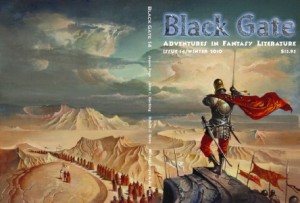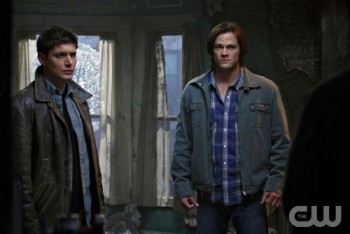This Just In: Borders Files for Chapter 11
 John O’Neill has already written about this, but I just got the actual corporate balderdash letter. . . .
John O’Neill has already written about this, but I just got the actual corporate balderdash letter. . . .
I received the email today through the Borders Rewards Program (I live next door to one of the stores, so I have to belong) in which Mike Edwards, the CEO of the Ann Arbor-based, MI chain, discusses the, ahem, “plans” for the future. Those plans are centered on a major announcement made earlier today:
[Fluff, fluff, ongoing mission, enlightenment, blah, blah, blah, but . . .] because of the ongoing impact of the difficulties of the U.S. economy, coupled with the rapidly changing bookselling environment, we must restructure Borders and reposition our business for long-tern success. We determined that the best path for Borders to have the ability to achieve this reorganization is through the Chapter 11 process, which we commenced February 16.
Edwards continues to state that the stores will remain open for business, the Rewards program remains in effect, gift cards will be honored, eBook libraries are perfectly safe. But, still, bankruptcy and all.
A Bloomberg article that can explain this better than I can.
But I’m not afraid for Borders . . . Howard A. Jones’s Desert of Souls will pull up sales! (Except that I bought my copy through Amazon. Uhm, sorry Borders. I see what you mean about “changing bookselling environment.” But I did get it a day before the street date!)
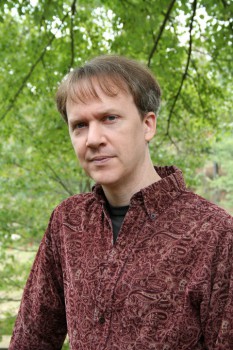 The great thing about interviewing
The great thing about interviewing 
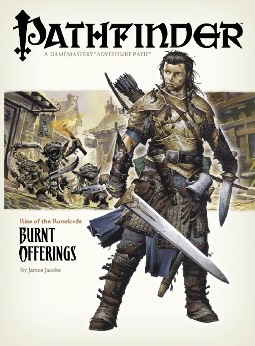
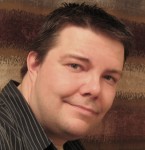

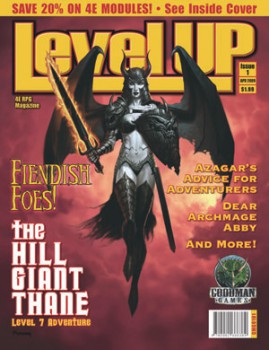 Gaming magazines can be a great asset to planning a roleplaying game, but I’ve often considered them to not be worth the cost. This one, reviewed by our very own Howard Andrew Jones, looks like it gives quite a bit of bang for the buck (or, in this case, 2 bucks). The publisher,
Gaming magazines can be a great asset to planning a roleplaying game, but I’ve often considered them to not be worth the cost. This one, reviewed by our very own Howard Andrew Jones, looks like it gives quite a bit of bang for the buck (or, in this case, 2 bucks). The publisher, 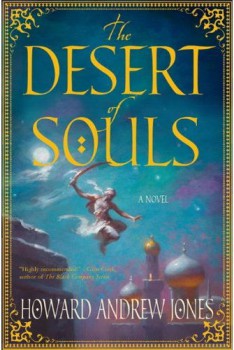
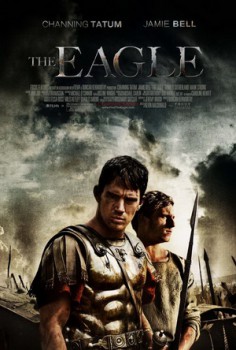 The Eagle (2011)
The Eagle (2011)